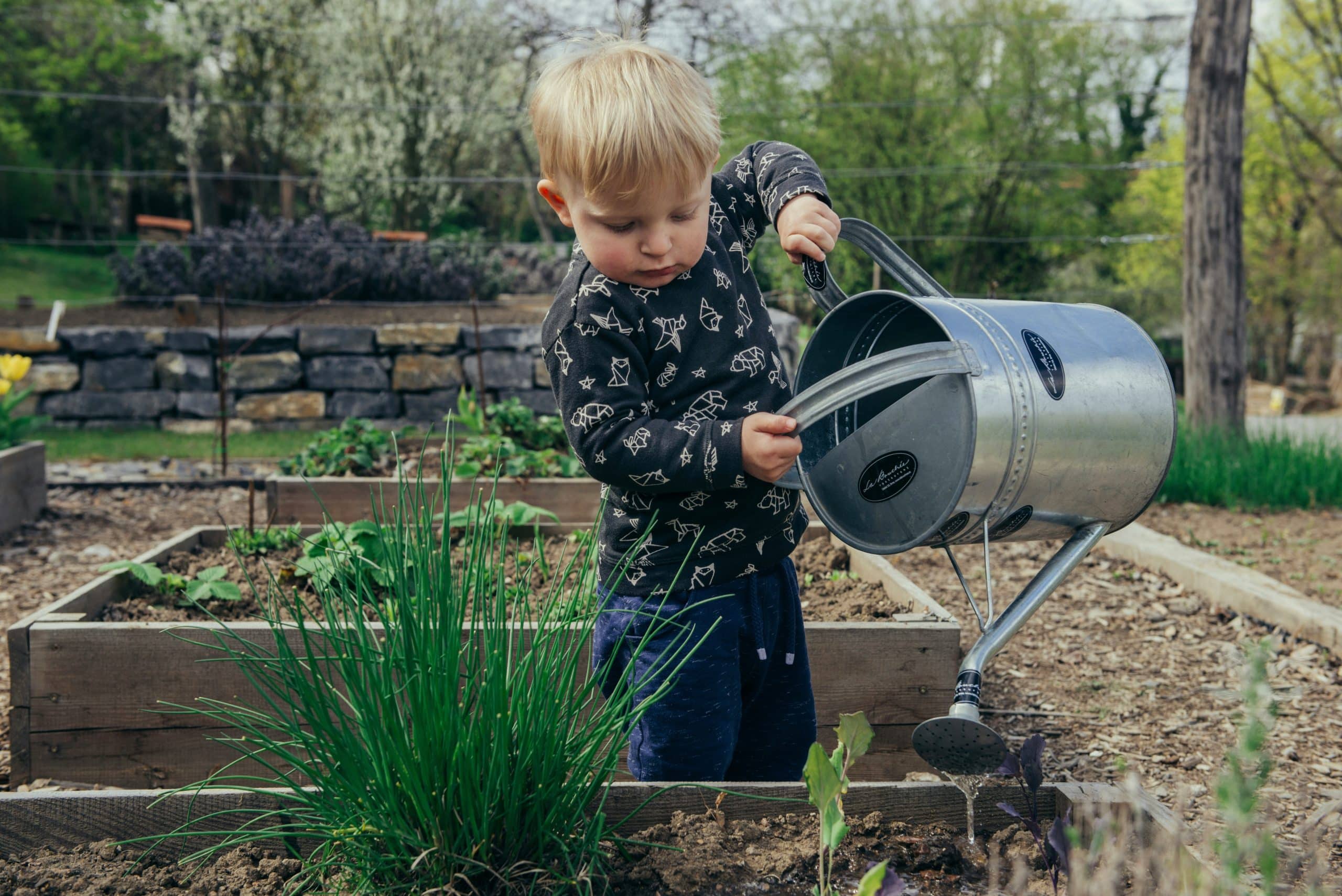What Are the Best Practices for Sustainable Gardening and Eco-Friendly Landscaping?

Sustainable gardening and eco-friendly landscaping are two practices that can help you create a garden that’s not just beautiful, but also kind to our planet. You’ll nurture plants that are better adapted to your local environment, create a haven for local wildlife, and reduce waste and water usage. This approach to gardening is all about making choices that are good for the health of your garden, your wellbeing, and the planet. So, let’s dive into some of the best practices for sustainable gardening and eco-friendly landscaping.
Native Plants are Key to Sustainable Gardening
When you walk into a garden center, it’s easy to be dazzled by the array of plants on offer. However, one of the simplest ways to make your garden more sustainable is to choose native plants. These are the plants that have evolved over thousands of years to thrive in your local conditions. They’re ideally suited to your climate, your soil, and your local ecosystem. This means they’ll require less water, less fertilizer, and less of your time to keep them looking their best.
Cela peut vous intéresser : Unveiling the secrets of the democrat mystery box treasures
Using native plants also provides valuable habitat for local wildlife, and helps to preserve the biodiversity of your area. In doing so, the garden becomes a refuge for native birds, insects, and other wildlife. It’s a win-win situation: your garden will look wonderful, and you’ll be doing your bit for the environment.
Embrace Organic Practices
Choosing native plants is just the start. Embracing organic gardening methods is another essential step towards a more sustainable garden. Organic gardening means foregoing synthetic fertilizers and pesticides, which can harm both the environment and the beneficial creatures living in your garden. Instead, you try to build a healthy garden ecosystem where pests and diseases are naturally kept in check.
Dans le meme genre : How Is Console Gaming Influencing the Development of Smart TVs?
One of the best ways to do this is to make your own compost. Composting is a great way to reduce your household waste and it creates a rich, nutrient-filled soil conditioner that your plants will love. You can compost fruit and vegetable scraps, coffee grounds, eggshells, grass clippings, and more. Just remember to turn your compost regularly to help it decompose evenly.
Landscaping with Water in Mind
Water is a precious resource, and sustainable gardening means using it wisely. There are many ways to reduce the amount of water you use in your garden, from choosing drought-tolerant plants to using mulch to keep soil moist.
When it comes to eco-friendly landscaping, consider designing your garden in a way that maximizes water efficiency. This could mean planting trees and shrubs in the right places to provide shade and reduce evaporation, or creating rain gardens to capture and use rainwater.
Lawns: A Surprising Source of Waste
Lawns can be beautiful, but they can also be a surprising source of waste. They typically require a lot of water, fertilizer, and mowing to keep them looking their best. However, there are ways to make your lawn more sustainable.
If you can’t imagine your garden without a lawn, consider reducing its size or replacing some or all of it with ground cover plants that require less maintenance. Alternatively, you could opt for a "no-mow" lawn mix, which contains slower-growing grasses that require less frequent trimming.
Food Gardening: Sustainable and Delicious
Finally, let’s talk about food gardening. Growing your own fruit, vegetables, and herbs is not only a great way to reduce your food miles and plastic packaging waste, but it’s also a fantastic way to make your garden more sustainable.
Just like with ornamental plants, you can choose varieties that are well adapted to your local conditions. Composting, water-wise gardening, and organic practices are all just as applicable to food gardens. And, of course, there’s the added bonus that you get to enjoy delicious, fresh produce straight from your garden.
Sustainable gardening and eco-friendly landscaping are all about making thoughtful choices. Whether you’re deciding what plants to grow, how to care for them or how to design your garden, each choice you make can help to create a garden that’s both beautiful and kind to our planet.
Remember, every small action counts. Even if all you do is choose a couple of native plants or start composting your kitchen scraps, you’re already making a difference. And who knows? You might find that these first small steps lead you to fall in love with the whole idea of sustainable gardening.
Incorporating Beneficial Insects and Drought-Tolerant Plants
One of the most effective organic gardening methods is to invite beneficial insects into your garden. These insects, such as ladybugs, spiders, and praying mantises, can help keep pests in check naturally, reducing the need for pesticides. You can attract beneficial insects by planting a diverse range of plants, providing a variety of flowers throughout the year, and avoiding the use of harmful chemicals.
In addition, selecting drought-tolerant plants can significantly reduce water use in your garden. These plants have adapted to survive in conditions with little water, making them perfect for sustainable gardens in drier climates. Drought-tolerant plants are not just cacti and succulents, but include many beautiful flowering plants, shrubs, and grasses. Utilizing these plants in your landscape design can help reduce water needed for irrigation, thereby promoting water conservation.
The Importance of Soil Health
Soil health is a critical component of a sustainable garden. Soil is not just a medium to hold plants but it is a living ecosystem that provides nutrients, water, and aeration to plants. Maintaining healthy soil is a way to ensure the longevity of plants, reduce the need for fertilizers, and improve water efficiency.
To maintain soil health, it is important to reduce soil erosion and compaction. This can be achieved by using mulch, which not only keeps the soil moist but also prevents the growth of weeds. Regular addition of organic matter such as compost or manure can enhance soil fertility and structure, promoting the growth of beneficial microorganisms. Soil testing is also a good practice to understand your soil’s nutrient content and pH level, enabling you to provide targeted care.
Finally, rotating plants in your garden can prevent the depletion of nutrients and hinder the build-up of disease and pests in the soil. Different plants have different nutrient requirements and pests, hence, rotating them can ensure balanced nutrient usage and pest control.
Conclusion: Small Steps Towards Big Change
Sustainable gardening and eco-friendly landscaping are not just about creating a beautiful place for us to enjoy, but also about respecting and nurturing the natural environment. They present opportunities for us to mitigate some of the effects of climate change, reduce water usage, and encourage biodiversity right in our backyards.
In conclusion, the best practices involve a combination of thoughtful plant selection, careful water management, organic methods, soil health maintenance, and the incorporation of beneficial insects and drought-tolerant plants. But remember, sustainable gardening isn’t about perfection, it’s about making better choices wherever possible.
The wonderful thing about this approach to gardening is that it’s not an all-or-nothing proposition. Even the smallest steps, like starting a compost pile or planting a few native species, can make a big difference. And as we have learned, these practices not only create a more sustainable landscape, they can also reduce your garden maintenance, save on your water bill, and create a thriving habitat for local wildlife.
So, why not start today? Take one small step towards a more sustainable garden, and see the benefits bloom in your life. Remember, every choice matters, and every gardener can make a difference. Happy eco-gardening!
